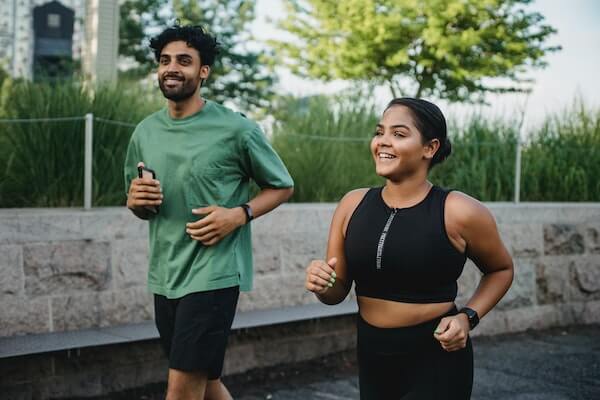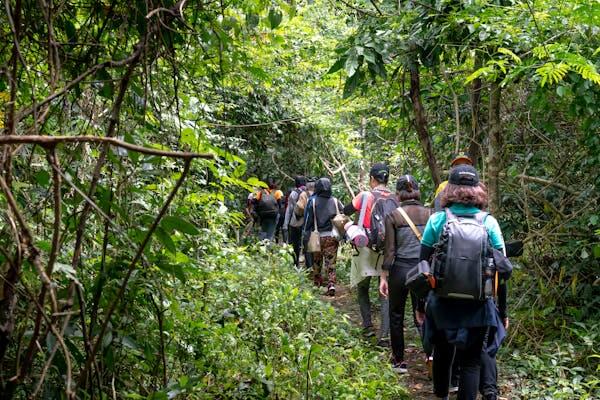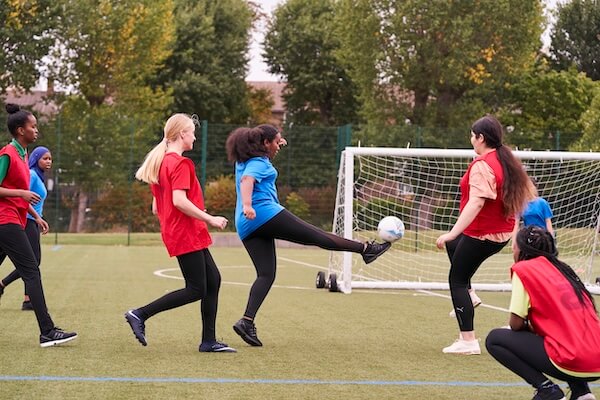
Recent research published in the journal Nature Mental Health brings exciting news: exercise might help combat the negative effects of loneliness on our mental health, especially during tough times. With social isolation becoming more common due to the pandemic, it's essential to find ways to support people feeling lonely.
The Problem
Loneliness isn't just a fleeting feeling – it can deeply affect our well-being. That's why researchers set out to explore if something as simple as exercise could make a difference.
Before the pandemic, loneliness was already a big problem for many people. It's not just about feeling sad; it can also lead to health issues, both mental and physical. Young adults and older adults are especially vulnerable to loneliness, and it can affect people from different backgrounds and situations. Understanding the importance of tackling loneliness head-on, researchers wanted to see if exercise could be part of the solution. So, they set out to explore how exercise could impact our mood when we're feeling lonely.The Role of Exercise
They looked at a group of 317 healthy young adults, aged 18 to 28, and then later studied 30 more people during the pandemic. They asked them to wear devices to track how much they moved and how they felt each day. What they discovered was remarkable: even just going for a walk could make people feel happier, even if they were alone.
Neurological Insights
But it gets even more interesting. The scientists also took a peek inside the participants' brains. They found that people with more active brains when they're resting got the most benefit from exercise. This suggests that exercise might be especially helpful for people who are prone to feeling down.
Implications for Public Health
This study has big implications for our health. It shows that exercise isn't just good for our bodies – it's good for our minds too, especially when we're feeling lonely. And by understanding who benefits the most from exercise, we can give better advice to people who need it.
Challenges and Future Directions
But there's still more to learn. Scientists want to figure out exactly how exercise makes us feel better, and if it affects different emotions in different ways. This could help us develop even better ways to support people who are struggling.
In a world where loneliness is a big problem, exercise offers a simple solution. By getting moving, we can protect our mental health, even when we're feeling lonely. And by understanding how exercise affects our brains, we can give better support to those who need it most. So, let's put on our sneakers and take a step towards feeling better – together.
If you or someone you know is struggling with loneliness or feeling isolated, there are organizations ready to offer support and lend a listening ear. Remember, prolonged feelings of loneliness or isolation might be a sign of something more serious, like depression. Don't hesitate to talk to your doctor, a counselor, or reach out to organizations like Kids Helpline, Beyond Blue, or Lifeline for additional support and guidance. You're not alone, and help is available whenever you need it.
- Kids Helpline — call 1800 55 1800
- Beyond Blue — call 1300 22 4636
- headspace — call 1800 650 890
- ReachOut.com (youth mental health service)
- MensLine Australia (men only) — call 1300 78 99 78
- SANE Australia — call 1800 18 7263
- Lifeline — call 13 11 14
- Suicide Call Back Service — call 1300 659 467
- FriendLine - 1800 424 287






